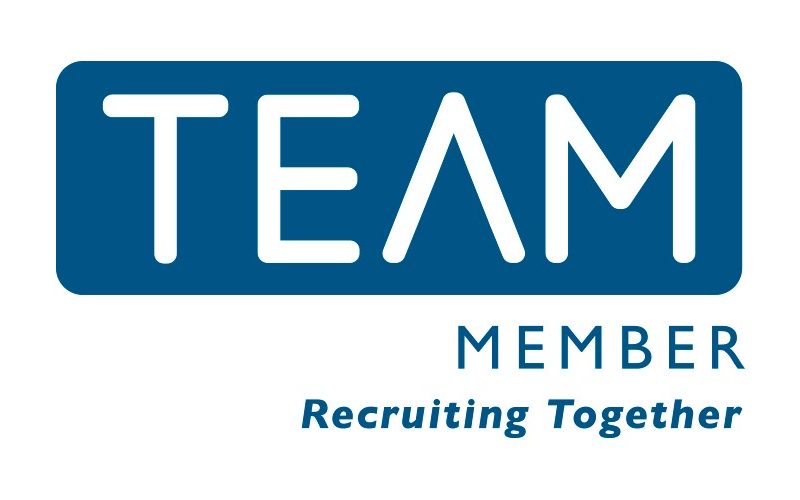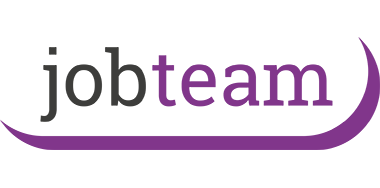Our Blog Posts
The two main reasons you should tell the truth on your CV
7th August 2017 | Interview TipsJob Hunting

I have a few reasons to discuss this subject. However, not to keep you too long here, I’ll only cover the two main reasons you should tell the truth on your CV. Whilst it is only natural to want to exaggerate one’s skills, experiences and talents, it, categorically, must be avoided… especially if you are looking to secure a technical IT role. Yes, we get it: adding a user on Active Directory is far less exciting than being able to administer its back end. But, please, for your sake, avoid that temptation. I dabble in poetry in my spare time; that doesn’t make me Shakespeare, and I would not want to blaspheme his name either by pretending to be.
It harms you
Unsurprisingly, in a recent survey, 51% of hiring managers admitted that they would firmly reject a candidate if they even so much as sniffed a lie. That is over half. Imagine that: walking into an interview with 51% less chance of getting the job just because you lied. Even worse, imagine breezing through the interview, securing the role and then starting, only to have no clue what you are meant to be doing. Stumbling over emails and tickets and telephone calls, only to be found out somewhere along the line (most likely your first week) that you lied. Your integrity is in question for both the client and the recruiter. Your next role will be much harder to acquire. It’s simple; don’t lie.
It stunts you
Growing and developing in technical seniority is a rite of passage for any IT professional. That’s the beauty of the IT world, isn’t it? The everchanging market, the sporadic introduction of newer, faster, better technology and the stimulating gadgets and gizmos that get released every year. You need to think of yourself in this way; you are a product that you are marketing to clients. Buying a smartphone that tells me it’s waterproof, but then malfunctioning as soon as I get in the bath with it, is not acceptable. However, and let’s head back to your imagination for a second, you’ve passed the interview, got the job. No one has realised you cannot actually code in C#. You spend every waking hour when not at work, learning the language. It’s taken some time, but you’ve cracked it. You skip into the office the next day, ready to really start your new job. Then they tell you that the goalposts have moved and now you need to learn something else, but it’s okay “because it’s just like C#”. You wave goodbye to C#, never to use it again.
How can you adequately and properly progress in your career if you are merely jumping from one technology to the next, without any real time for consolidation? Not only that, but how uncomfortable must that learning curve be? The tension, the anxiety.
Quite simply, it’s not worth lying. For your integrity, for your own career and most importantly: for yourself.

This post is written by our guest blogger, Sarah Garrett.































